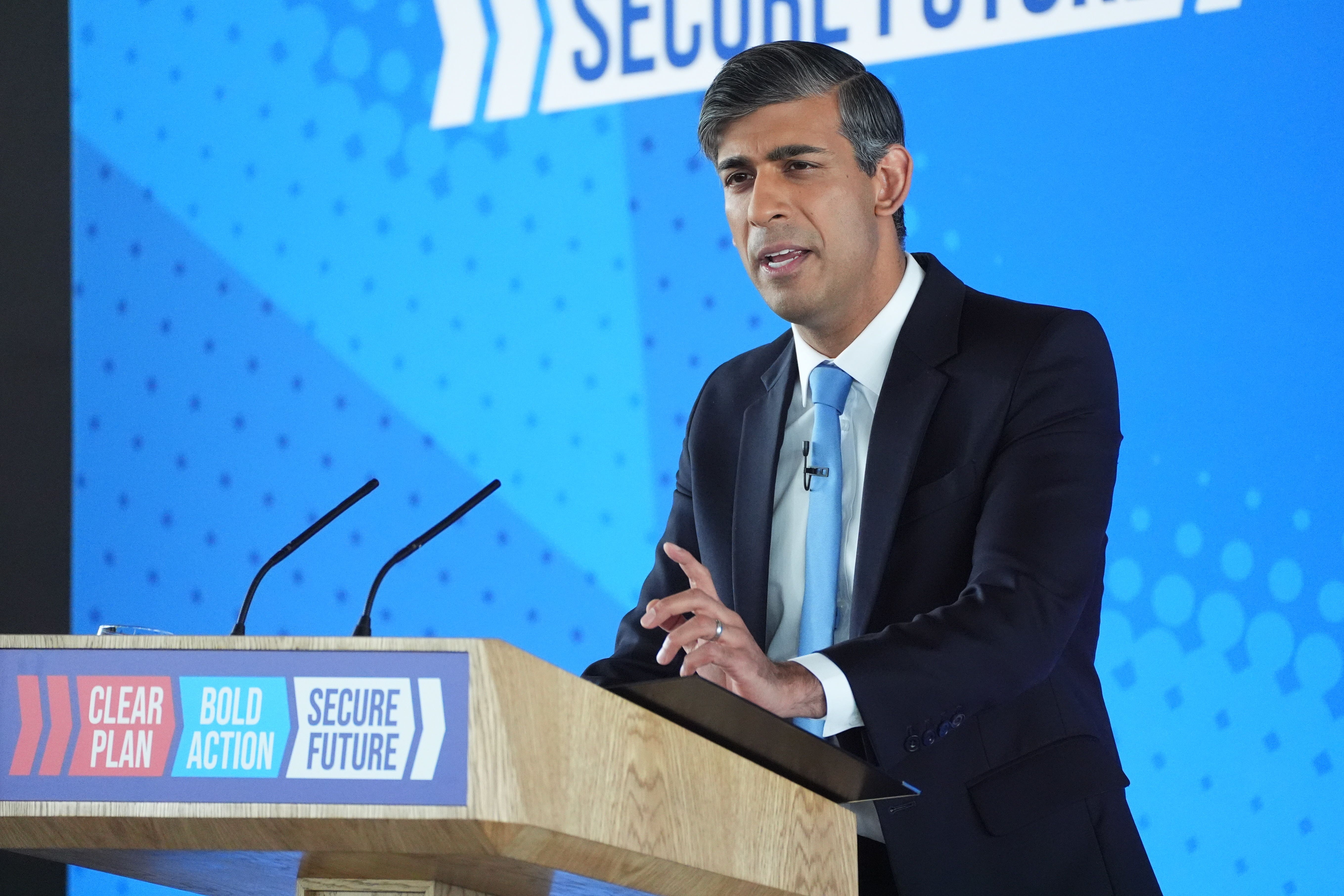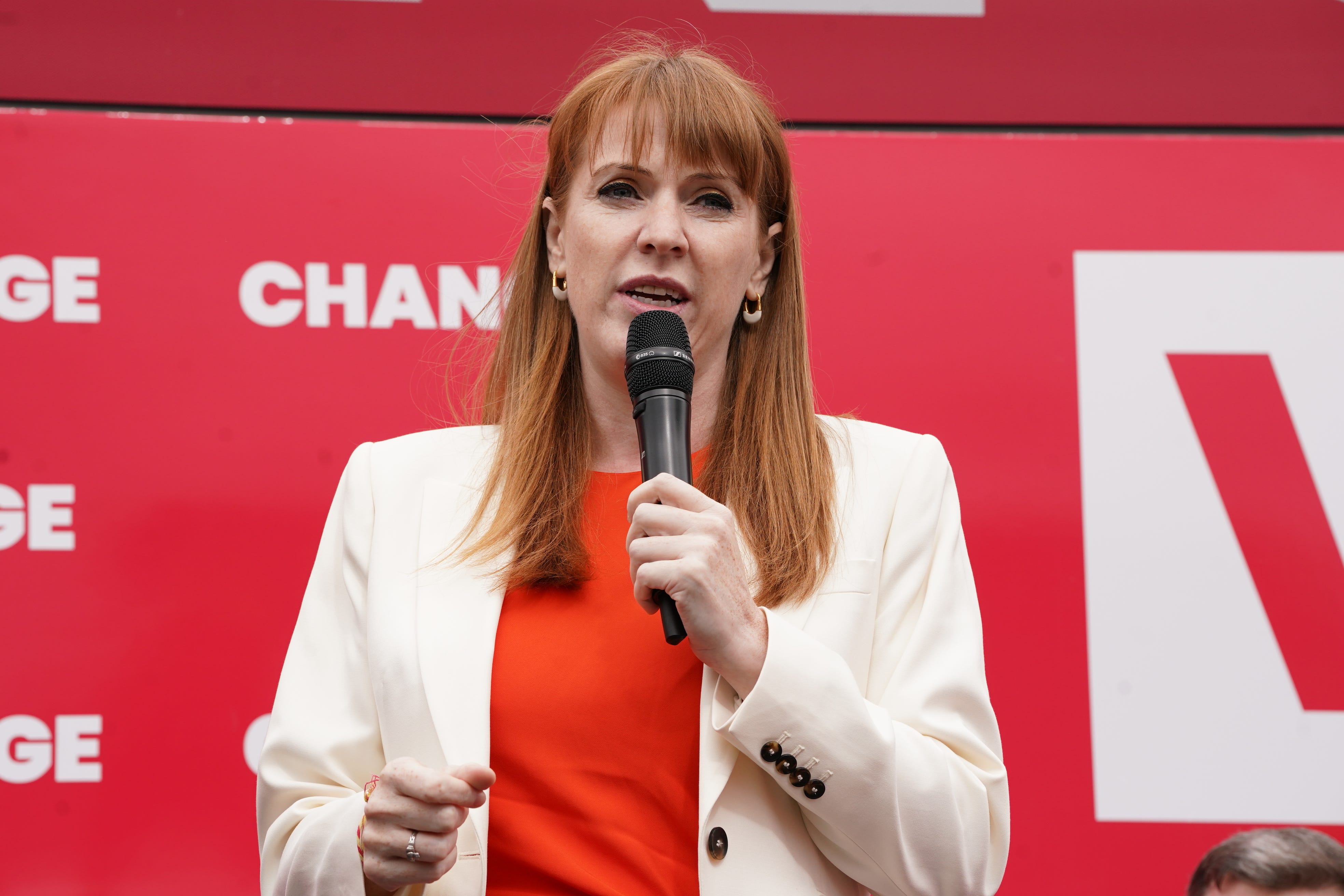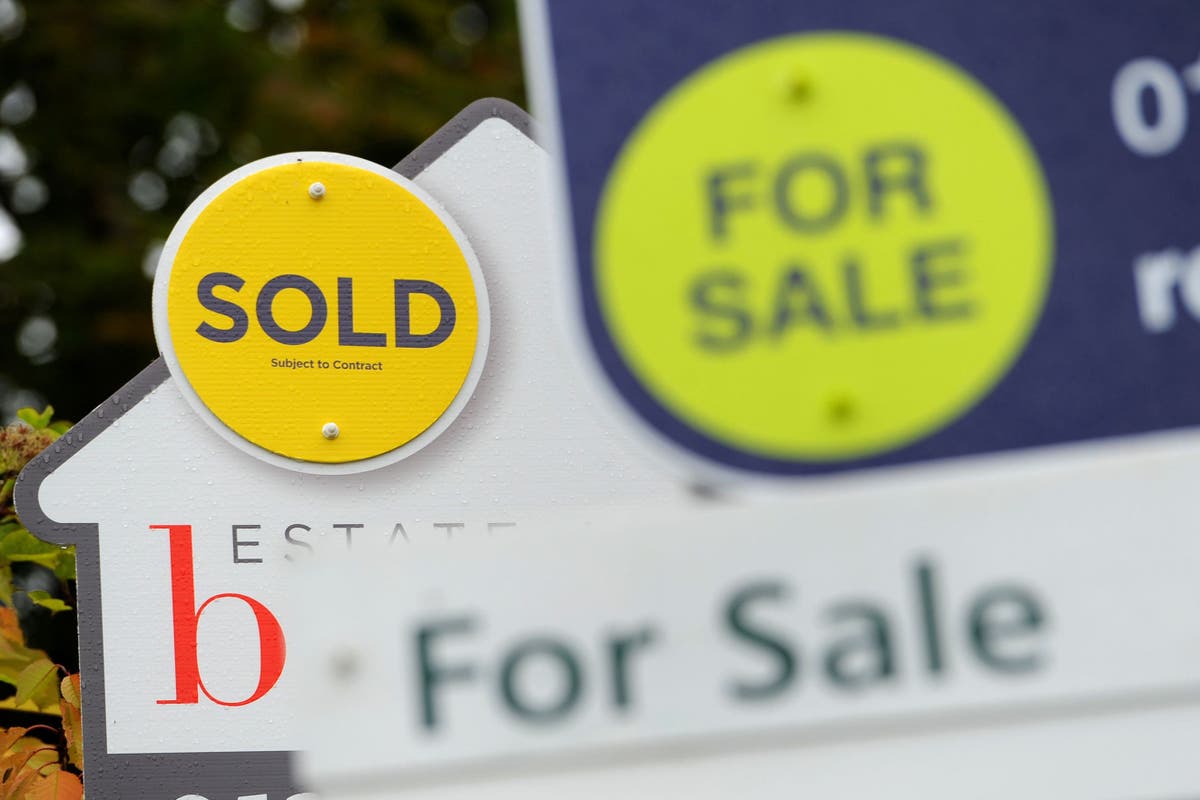The Tories have been warned they face an existential crisis over housing after new figures showed ownership has declined in dozens of seats held by the party.
Home ownership is down in a fifth of all seats currently held by the Conservatives, analysis of Census data by The Independent reveals. The number of people owning a property has dropped by almost a quarter in some constituencies once considered Conservative strongholds in the decade between 2011 and 2021.
The figures led one academic to suggest young people may “never forgive” the party for their inability to get on the housing ladder and left renting for life.
While ownership has declined in nearly half of seats held by Labour (48 per cent), experts say the Tories are more likely to be hurt at the polls due to the higher levels of home ownership among Conservatives.
At the 2019 general election, an Ipsos Mori study found 315 of the 365 seats won by the Conservatives (86 per cent) had above average levels of home ownership, compared to just 53 of Labour’s 202 seats (26 per cent).
Tim Bale, professor of politics at Queen Mary University of London, said it had “long been the case” that people who own their own homes tended to vote Conservative.
“In the long term, the Tories have created a generation or two of young adults – some well into their thirties – who might never forgive them for denying them what they grew up assuming would one day be theirs almost by right,” he said.
Of the 72 Conservative seats to record a slump in home ownership between 2011 and 2021, Kensington in west London saw the biggest drop.
Home ownership there was down 23 per cent in a constituency that has returned a Tory MP at every election since its creation until 2017, when Labour won. The Tories got the seat back in 2019 with a tiny majority of 150, but a recent MRP poll by Ipsos suggests the well-heeled seat will turn red again on 4 July.
The Cities of London and Westminster, another traditionally safe Conservative seat, had the second-highest drop at 19.7 per cent. Labour took control of Westminster Council at the 2022 local elections and Ipos’s survey says Labour is on course to take the seat.
Chelsea and Fulham, which has repeatedly returned a Conservative MP since 2010, was third most affected with 13.6 per cent and is also expected to be won by Labour.
Outside London, Great Grimsby (5.7 per cent), Hyndburn (5.4 per cent) and Blackpool North and Cleveleys (4.7 per cent) recorded the biggest drops.

Buying a home has become unachievable for a large percentage of young people across the country in recent decades. Soaring prices mean they struggle to raise enough cash for a deposit or secure a big enough mortgage to afford a property.
The latest data from the Institute for Fiscal Studies (IFS) shows that in 2022–23, 39 per cent of 25 to 34-year-olds owned their home, 20 percentage points lower than the peak figure for that age group in 2000.
A 2018 report by the Resolution Foundation found one in three millennials, now aged from their late 20s to their early 40s, may never own their own home.
Housing is a key battleground ahead of the 2024 general election and was a key theme of the Conservative Party’s manifesto, with Mr Sunak telling activists and MPs last week at an event at Silverstone race course that his party wanted to “create a society where everyone has a chance to own”.

The Tories have promised to keep the threshold at which first-time buyers pay stamp duty at £425,000, a change introduced in 2022, a “new and improved” help-to-buy scheme and pledged to deliver 1.6 million homes in England over the course of the next parliament.
Labour, meanwhile, has promised to deliver the biggest increase in social and affordable housing in a generation, promising to build 1.5 million new homes over the next five years, as well as a reform of the planning system and mandatory housing targets for councils.
Angela Rayner, Labour deputy leader, accused Mr Sunak of being “too weak” to push through the difficult reforms needed to build more homes.
Ms Rayner, the shadow secretary of state for levelling up, housing and communities, also claimed that 14 years of Tory “chaos” had put the “dream” of home ownership out of reach for thousands across the country.
She added: “Labour is the party of homeownership, and the only party serious about building the homes Britain needs. We will deliver the change needed and end the Tory chaos.”
Michael Gove, the outgoing secretary of state for Levelling Up, Housing and Communities accepted that his party hadn’t built enough houses since coming to power in 2010 but had a better record than the last Labour government.
But he rejected the accusation that his own party had “failed” on housing. In an interview this week, Mr Gove said the Conservatives would “make it easier” for first-time buyers to access finance and build more homes.








